Profile (History, Chemical Structure, Characteristics)
History
Caffeine was discovered and called "caffeine" in 1819 by the German chemist Ferdinand Runge. In 1827, Oudry isolated a new alkaloid from tea leaves and called it thein. Caffeine in its pure form was first obtained in 1828 (Pelletier and Kavantu). In 1832, its composition was set by Weller and Pfaff with Liebig.
In 1838, Jobst and GY Mulder proved the identity of theine and caffeine. The structure of caffeine became known by the end of the XIX century by Hermann Emil Fischer, the first person who artificially synthesized caffeine. He became the winner of the Nobel Prize in Chemistry in 1902, which was partly related to his caffeine studies.
Chemical structure
The chemical name of caffeine – is 1,3,7-trimethylxanthine. In an alkaline medium (if pH> 9), it is converted into kofeidin C7H12N4O. In structure and pharmacological properties caffeine is similar to theobromine and theophylline; all three alkaloids consist a group of methylxanthines. Caffeine influences the central nervous system better, and theophylline and theobromine act as pacemakers and light diuretics.
Caffeine, like other purine alkaloids, gives positive murexide. It forms reddish brown precipitate when heated with Nessler reagent, unlike theobromine, which under the same conditions becomes a light brown colour.
Characteristics
- Activity of a substance: 5 hours on average. Rarely up to 10 hours.
- Classification: Respiratory Stimulants, Psychostimulants, General tonic and adaptogens
- Forms of use: coffee, tea, tablets, injections
- Dosage: Men 100 mg to 200-400 mg per day
- Acne: No
- Water retention: not significant
- High blood pressure: there are contraindications
- Hepatotoxicity: not allowed to take in case of violation of the kidneys and liver
- Detection time: 24 hours on average, it varies significantly and dose characteristics of the organism.
Effects
- burst of energy and vitality, improved concentration;
- increased endurance;
- Increased power;
- speeding up of the metabolism;
- accelerated recovery process after exercise.
In bodybuilding, caffeine will help you to overcome drowsiness and sharpen your focus. Research shows that if one wants to refresh, 100 mg of caffeine will be enough, but if the dosage is be too large, the effect will be the opposite - you will be sleepy. Caffeine improves the flow of gas exchange processes in the muscles, you become more resistant, because your muscles are better supplied with oxygen and thus, and the feeling of fatigue goes away.
Many powerlifters take caffeine or supplements with it before the competition, as it can increase the power of an athlete. Research shows that taking 200 mg portions can improve results in the bench press in average on 1-2kg. It is also known about the caffeine positive effects on metabolic rate - it is recommended to take it a half an hour before training, if your target is to lose excess weight.
Side effects
Some people are prone to side effects, while others are not. Side effects include anxiety, tremor and insomnia. Caffeine also increases the heart and respiratory rate. If you are sensitive to caffeine, it is better to avoid it. Scientific studies do not confirm the link between long-term intake of caffeine and health problems such as hypertension and a decrease of bone mineral density.
It is a well-known fact today that the link between high cholesterol level and intensive coffee consumption is caused by the content of certain fats in the coffee that are more noticeable in boiled coffee than in soluble or filtered one. Although caffeine is a diuretic, while consuming less than 300 mg per day, it contributes no more urine than water. In such amount caffeine is considered to be safe and is unlikely to cause any adverse effect on the performance and health. With regular use of caffeine (coffee consumption) the tolerance to caffeine is produced (diuretic effect is reduced).
Daily consumption of caffeine sooner or later will lead to the depletion of the nervous system and reduction of the mental and physical performance. It is not recommended, even for healthy people, to drink caffeinated beverages more than 2 times a week.
Caffeine is a powerful stimulant of gastric secretion: it increases the secretion of all digestive glands juice and the density of gastric juice, which promotes the development of gastritis and peptic ulcer disease exacerbation. Caffeine and other coffee alkaloids accelerate the movement of food through the gastrointestinal tract and as a result the food is not completely digested. The processes of putrefaction and fermentation in the gut appear. For this reason, no food should be taken with tea or coffee. If one drinks caffeinated beverages, he/she should strictly drink it on an empty stomach, at least 1 hour before a meal - as it is considered acceptable in many countries.
Dosages and Uses
Dosages: 100, 200-400 mg
Frequency of doses: every day
In sports nutrition caffeine is used as an energy accelerator. It has a strong stimulating effect that increases the intensity of training, which in its turn leads to faster burning of fat reserves and increase of the pressure on the muscles, thus accelerating their growth. It helps to focus on technique exercises better. Caffeine is found in many fat burners, creatine with the transport system, pumping complexes, energy drinks, and other additives.
Cycles (Courses)
The optimal dose of caffeine depends mostly on the physiological characteristics of the person and addiction. During the period of systematic use of caffeine-containing beverages and additives organism tolerance increases, in this case, large caffeine doses of 200-400 mg are easily tolerated. Some people have symptoms of overdose beginning with a dose of 100 mg. That is why all caffeine-containing drinks should be taken with gradual increase of dose.

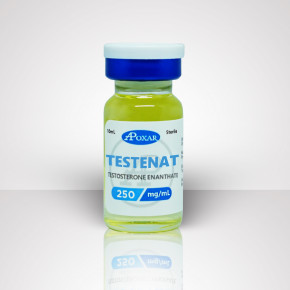
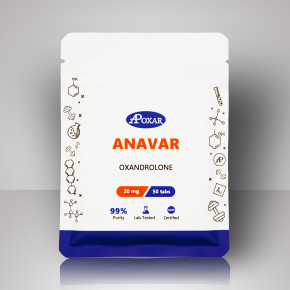
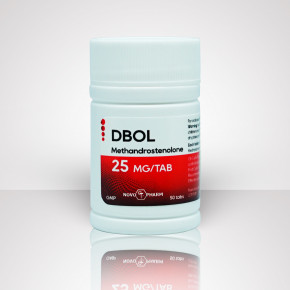
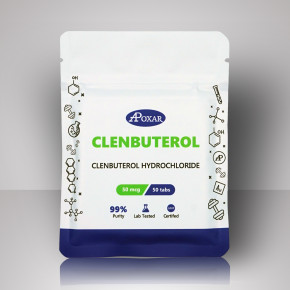
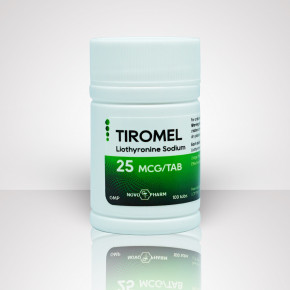
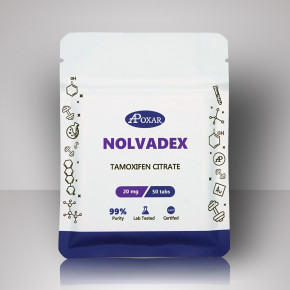
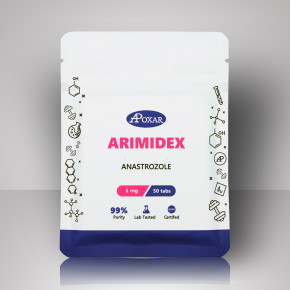
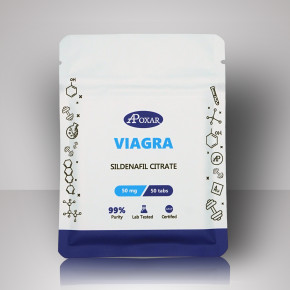
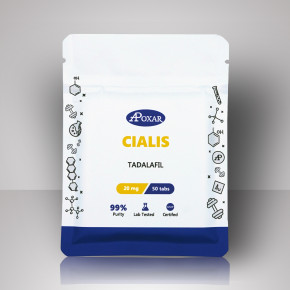
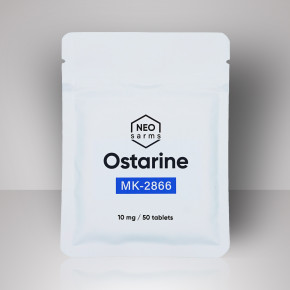
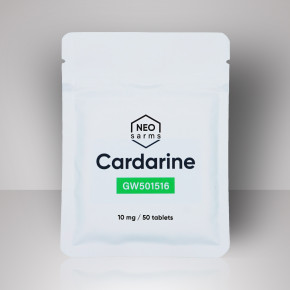
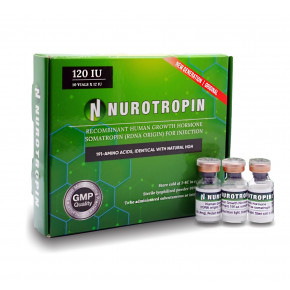
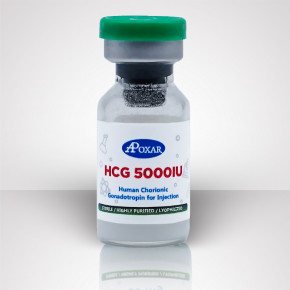
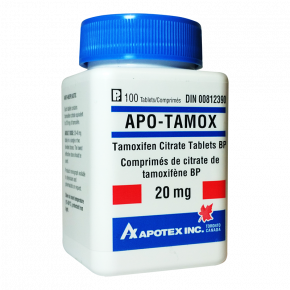
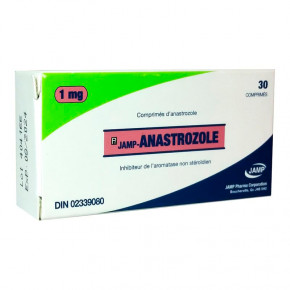
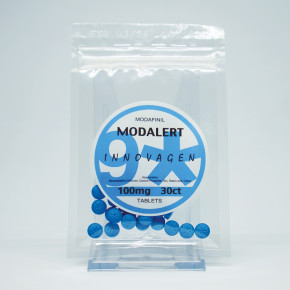
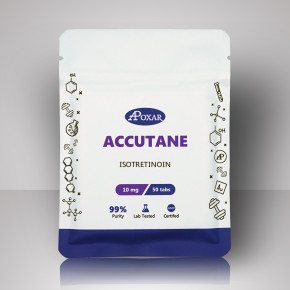
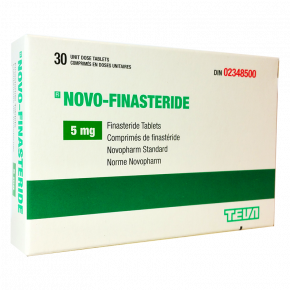
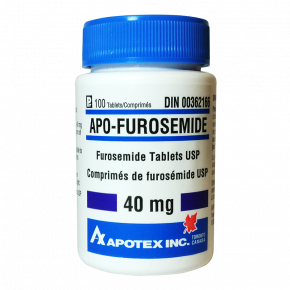
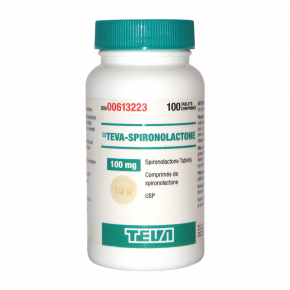


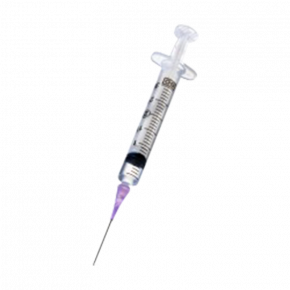
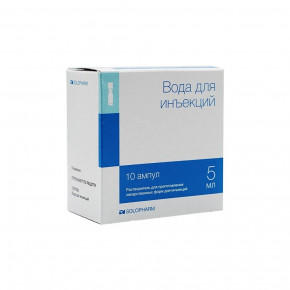

 Proudly Serving Canadians Since 2012
Proudly Serving Canadians Since 2012